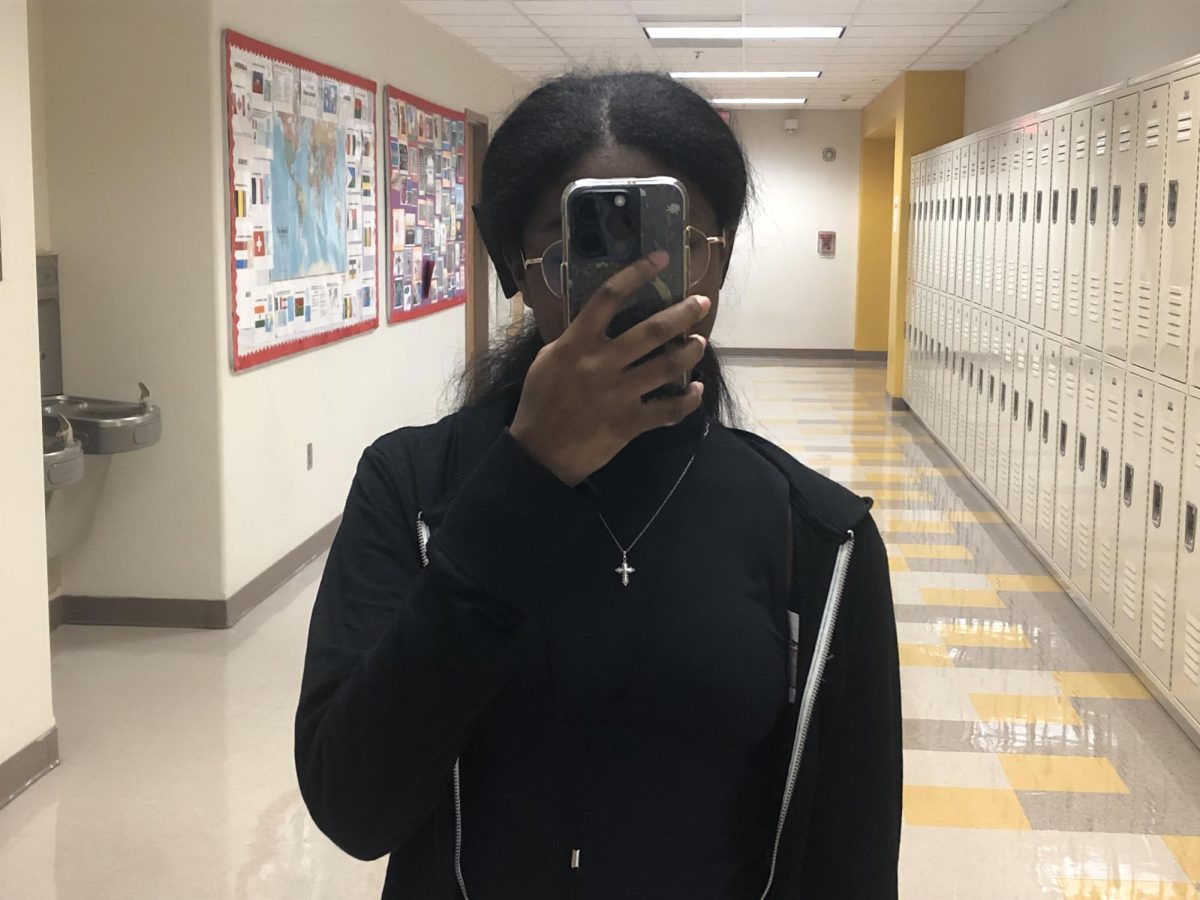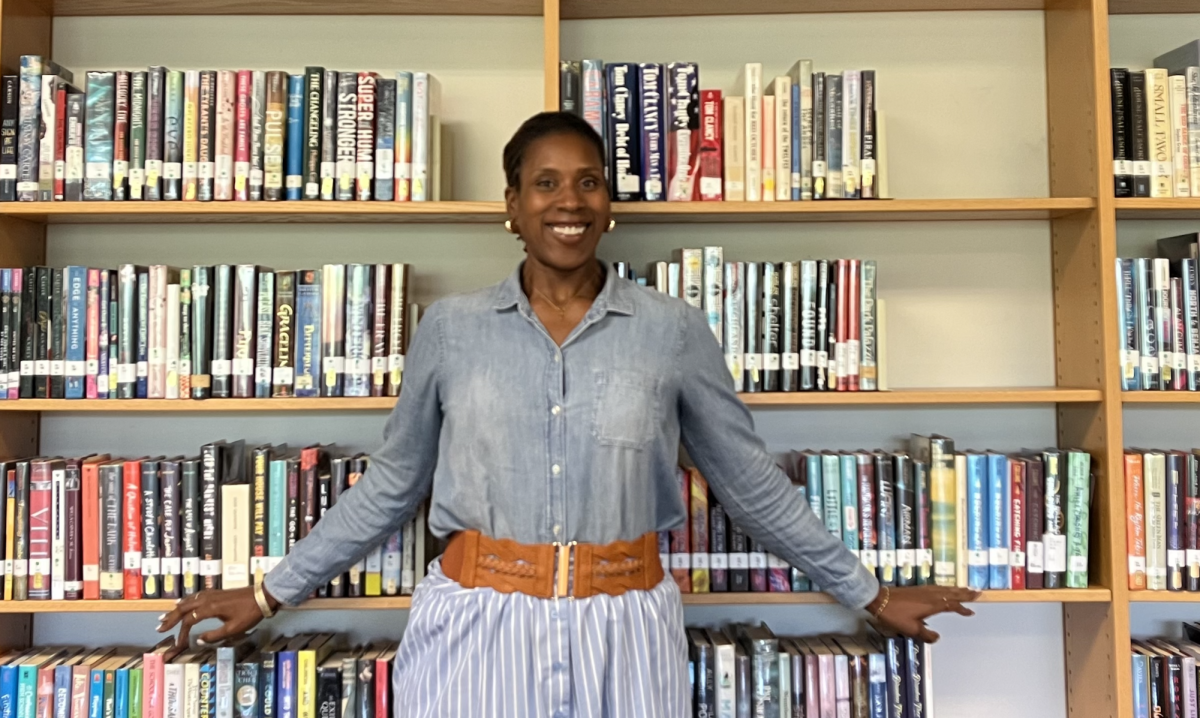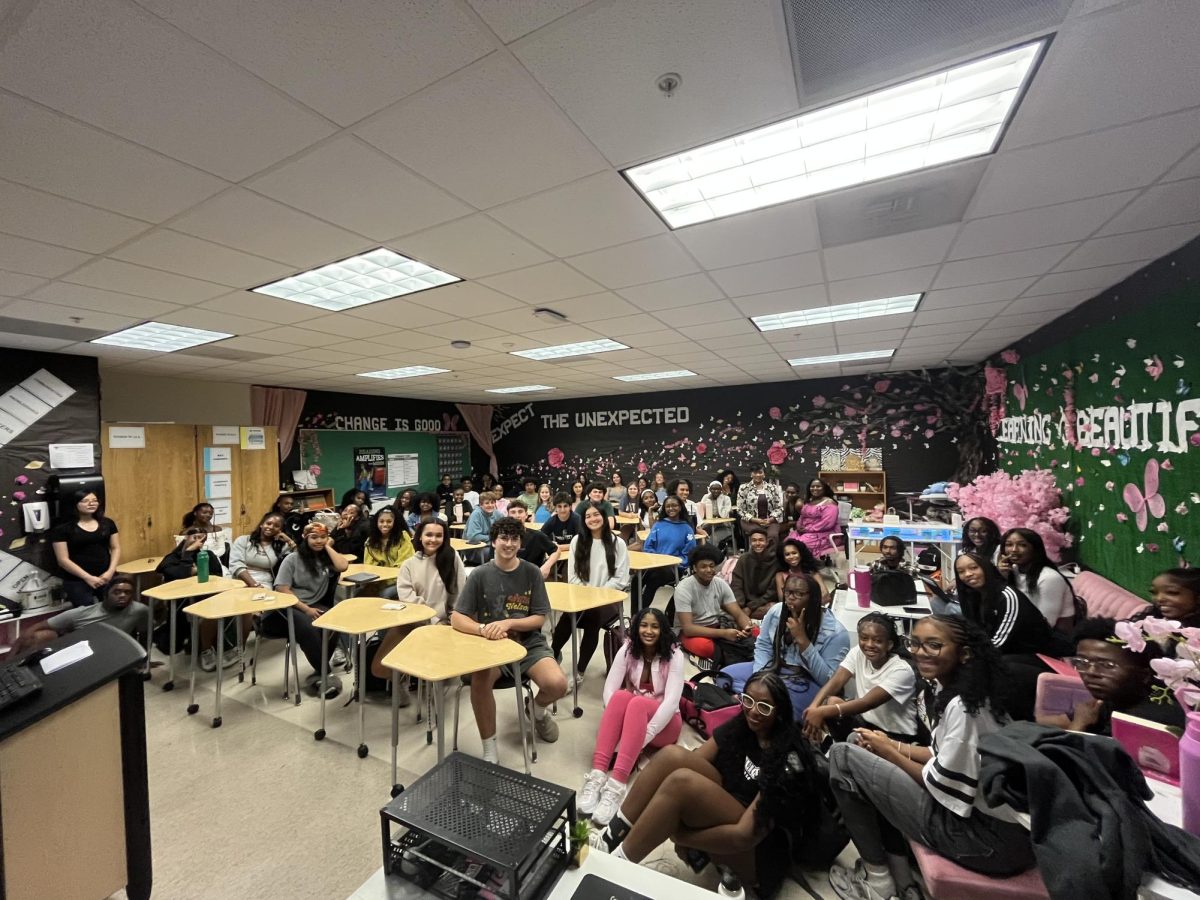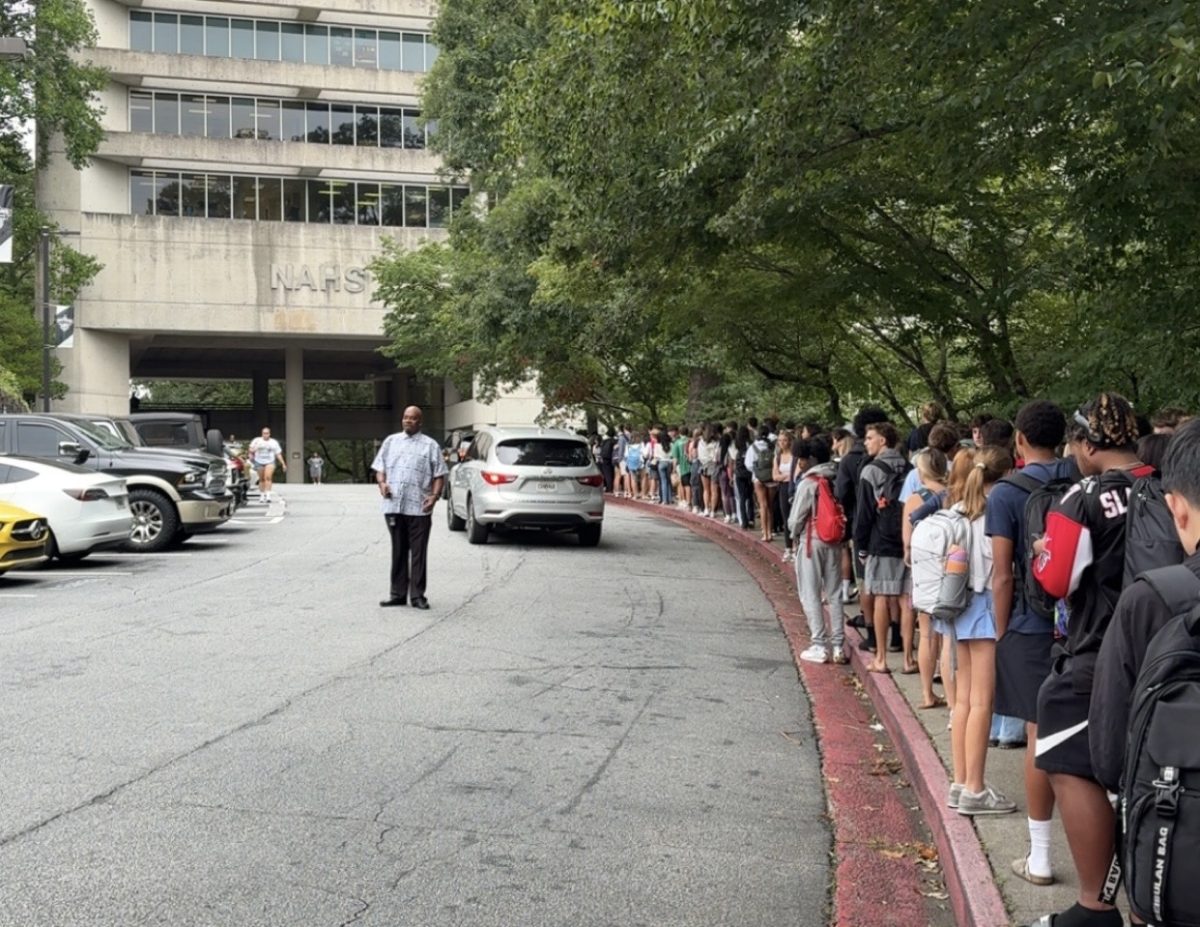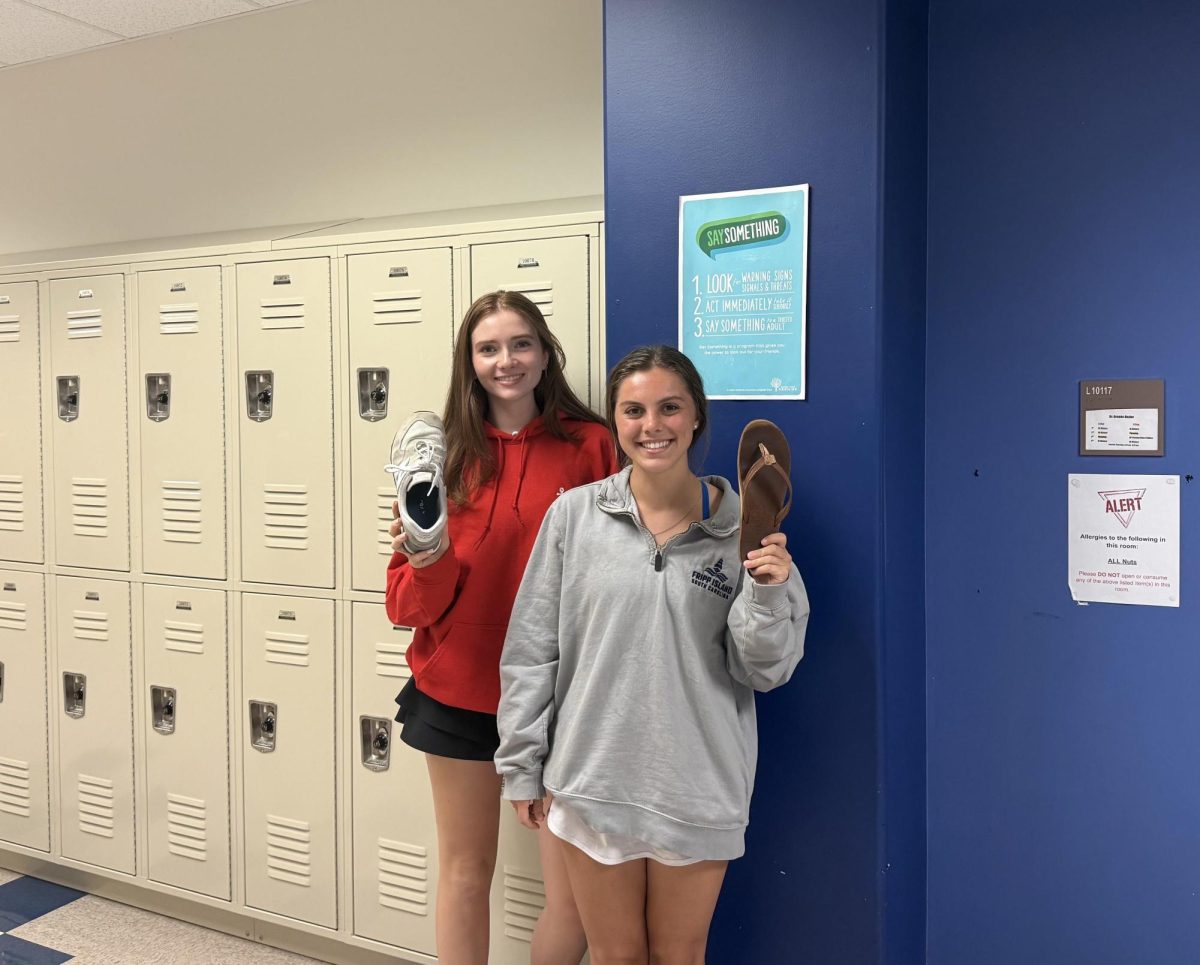In 1999, the world was in a panic because it feared that with the coming of a new century, its computers would collapse. In 2024, students are in a tizzy because they fear that with the coming of the next school year, 2025-2026, their phones will be banned. As schools across the country implement increasingly severe device policies, North Atlanta High School students and teachers all wonder: Will it happen here?
It is no surprise to the average student that the average teacher does not like cell phones. It was a shock to North Atlanta students to hear their principal threaten to introduce Yondr pouches to the school and implement a no-phones policy. When principal Curtis Douglas mentioned the pouches at an assembly, “There was an immense uproar from the students,” said 10th grader Lucy Shahan. “Everyone started booing.”
NAHS may soon follow the lead of fellow Atlanta Public School Midtown High. Since the advent of the 2024-2025 school year, Midtown has had a No Personal Electronic Devices policy. Students’ phones are locked in Yondr pouches each day when they come into school and released upon their exit. They may not use personal technology of any kind. Although students can communicate with their parents through Schoology, an online platform accessible with school computers, safety concerns still worry some students.
However, Midtown sophomore Sophia Moscaliov said that, overall, the policy has impacted her school positively. “Most people can say they definitely get a lot more work done without the distractions,” she said but, “I can’t say what would be good for North Atlanta specifically.”
Will the same fate befall NAHS? Expenses and logistics are crucial factors. Yondr pouches cost $25-30 per student, according to TIME magazine and Midtown High School. For North Atlanta, a school with 2300 plus kids, that amounts to roughly $69,000 for the pouches alone. Then there’s execution- getting students and their parents to comply, enforcing the rules, enlisting teachers and administrators to manage the pouches, and coordinating all this alongside arrival and dismissal every day. Algebra 2 and Calculus teacher Mackenzie Joy thinks the policy is a great idea, but, “In order for it to work, every student will need a Chromebook before the policy is instituted,” she said.
AP Language and Composition teacher D’Andra McPhail sees Yondr pouches and a no-PED policy as a worthy investment. “I think it would show some people that they are capable of going without their phone,” said McPhail. “There are some people who don’t think that they can do it that can.”
A no-phones policy would certainly usher in a new era at North Atlanta, but for all the passion surrounding the issue, the future remains unknown. For now, the debate continues as students and teachers alike weigh the pros and cons.


